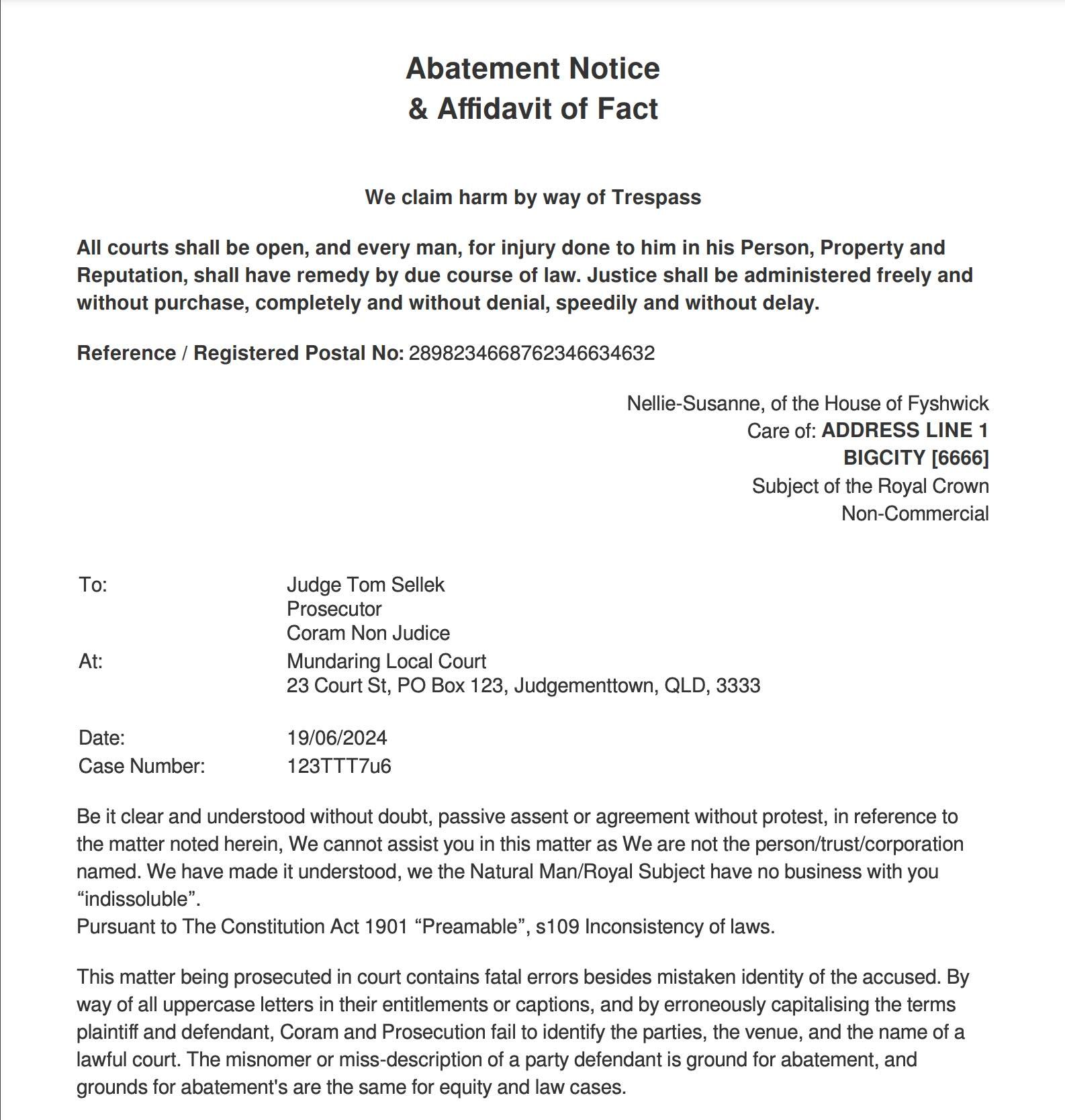The Uniform Commercial Code (UCC) is a set of laws that govern various commercial transactions, including negotiable instruments like promissory notes and checks. Under UCC Article 3, a person who possesses a negotiable instrument may take certain actions to ensure payment, one of which is endorsing the presentment for payment.
To endorse a presentment for payment pursuant to UCC3, one must first understand the concept of endorsement. Endorsement is the act of signing the back of a negotiable instrument to transfer rights to it. Endorsements can be simple or special, and the type of endorsement will determine how the negotiable instrument can be further transferred.
When endorsing a presentment for payment, it is important to ensure that the endorsement is valid and meets the requirements set forth in UCC3. This includes signing the presentment in the designated endorsement area on the back of the instrument and including any necessary additional instructions or information.
In addition to endorsing the presentment for payment, it is also crucial to ensure that the negotiable instrument is presented to the payor in a timely manner. UCC3 requires that a negotiable instrument must be presented for payment within a reasonable time after its issuance or the payor will not be obligated to honor it.
Furthermore, when endorsing a presentment for payment, it is important to consider any restrictions or limitations that may apply to the negotiation of the instrument. For example, if the negotiable instrument is endorsed “for deposit only,” then it can only be deposited into the account of the identified payee.
It is also important to consider the liability implications of endorsing a presentment for payment. By endorsing a negotiable instrument, the endorser may be held liable for any payment obligations that arise from the instrument, so it is crucial to ensure that the endorsement is made with full understanding of the consequences.
Another important consideration when endorsing a presentment for payment is the form of the endorsement. Endorsements can be made in several different ways, including blank endorsements, restrictive endorsements, and special endorsements, each of which have different implications for the negotiation of the instrument.
When endorsing a presentment for payment pursuant to UCC3, it is also important to consider any additional requirements imposed by the governing law. For example, some states may have specific rules or regulations regarding the endorsement of negotiable instruments that must be followed.
In conclusion, endorsing a presentment for payment pursuant to UCC3 is a complex process that requires careful consideration of various factors. By understanding the requirements for endorsement, presenting the negotiable instrument in a timely manner, and considering any restrictions or limitations that may apply, one can ensure that the presentment is properly endorsed and payment is received in a timely manner.

